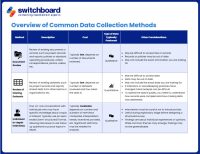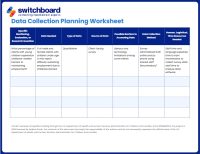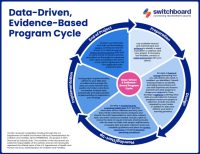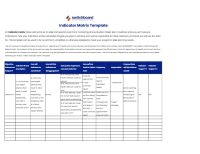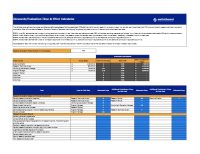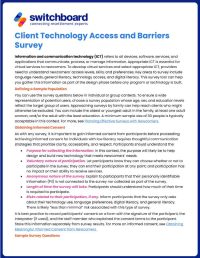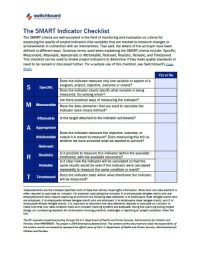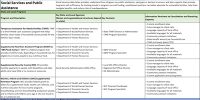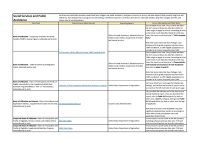To deliver data-driven, evidence-based programs for refugees, we need to ask the right questions and gather the right information. Data collection methods determine the type of information we can gather and influence data quality, affect the conclusions we’re able to draw, and have budget implications. Each data collection method has its pros and cons. To…

